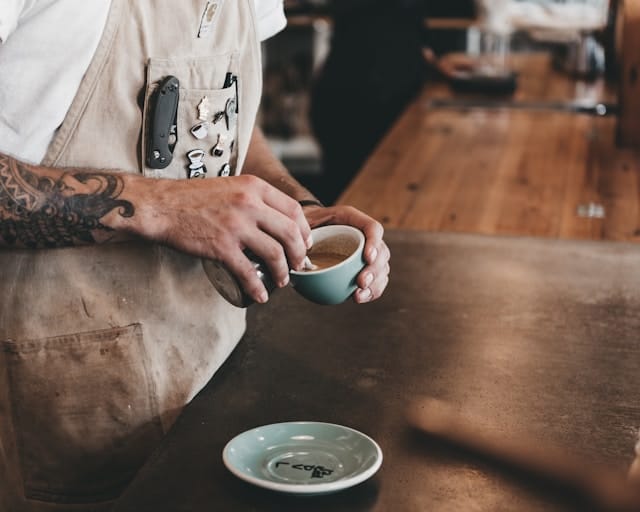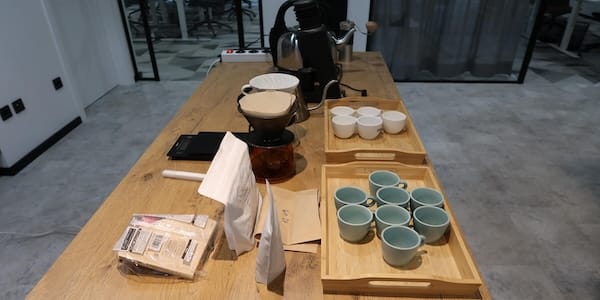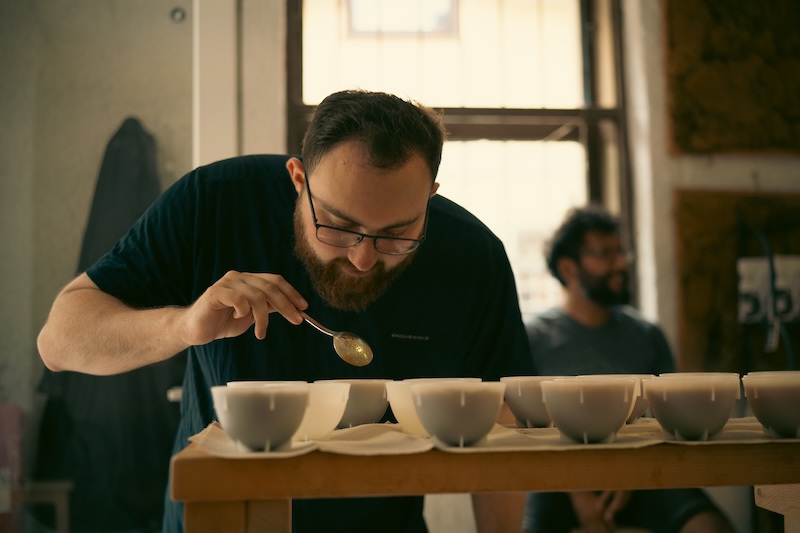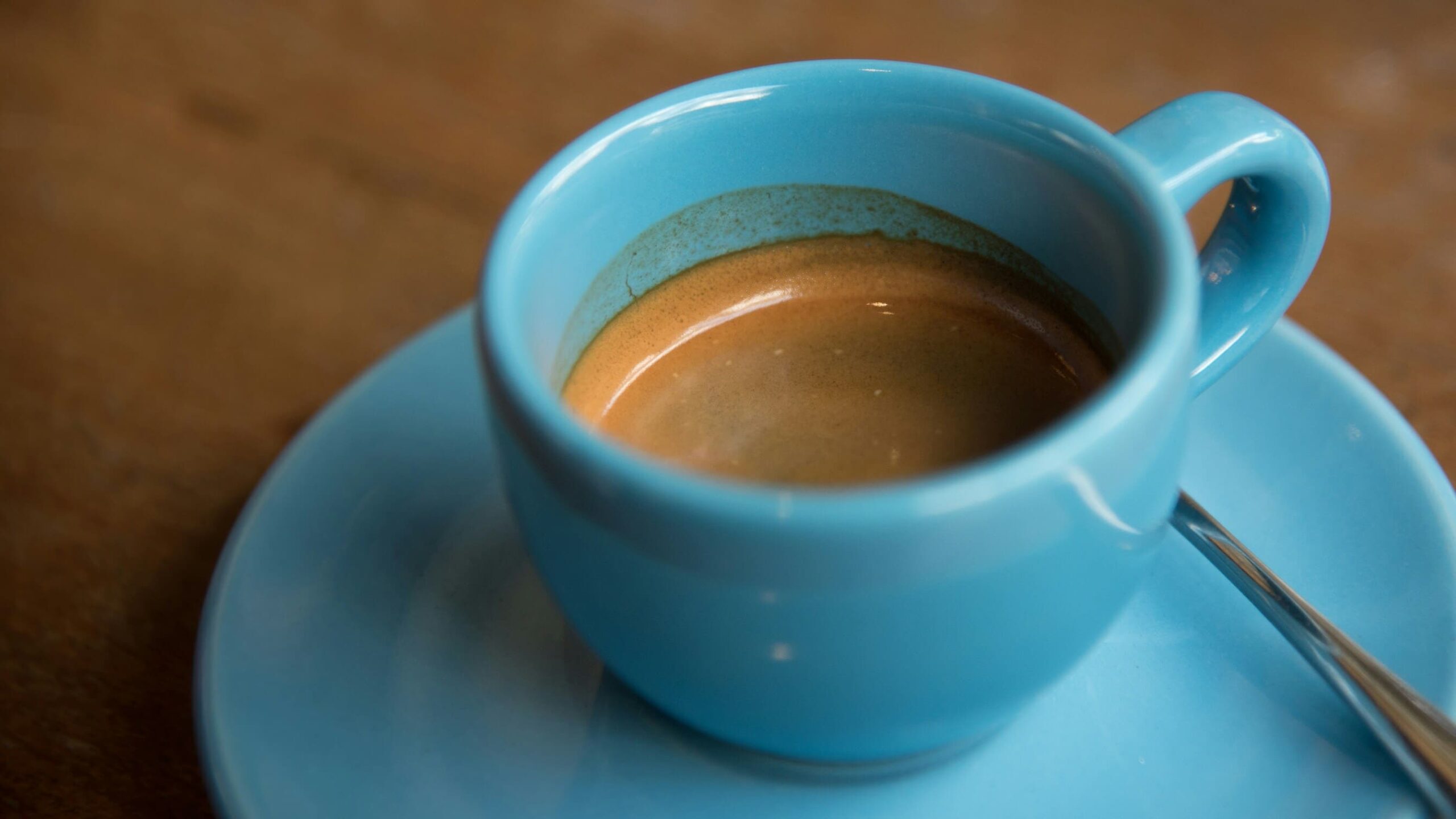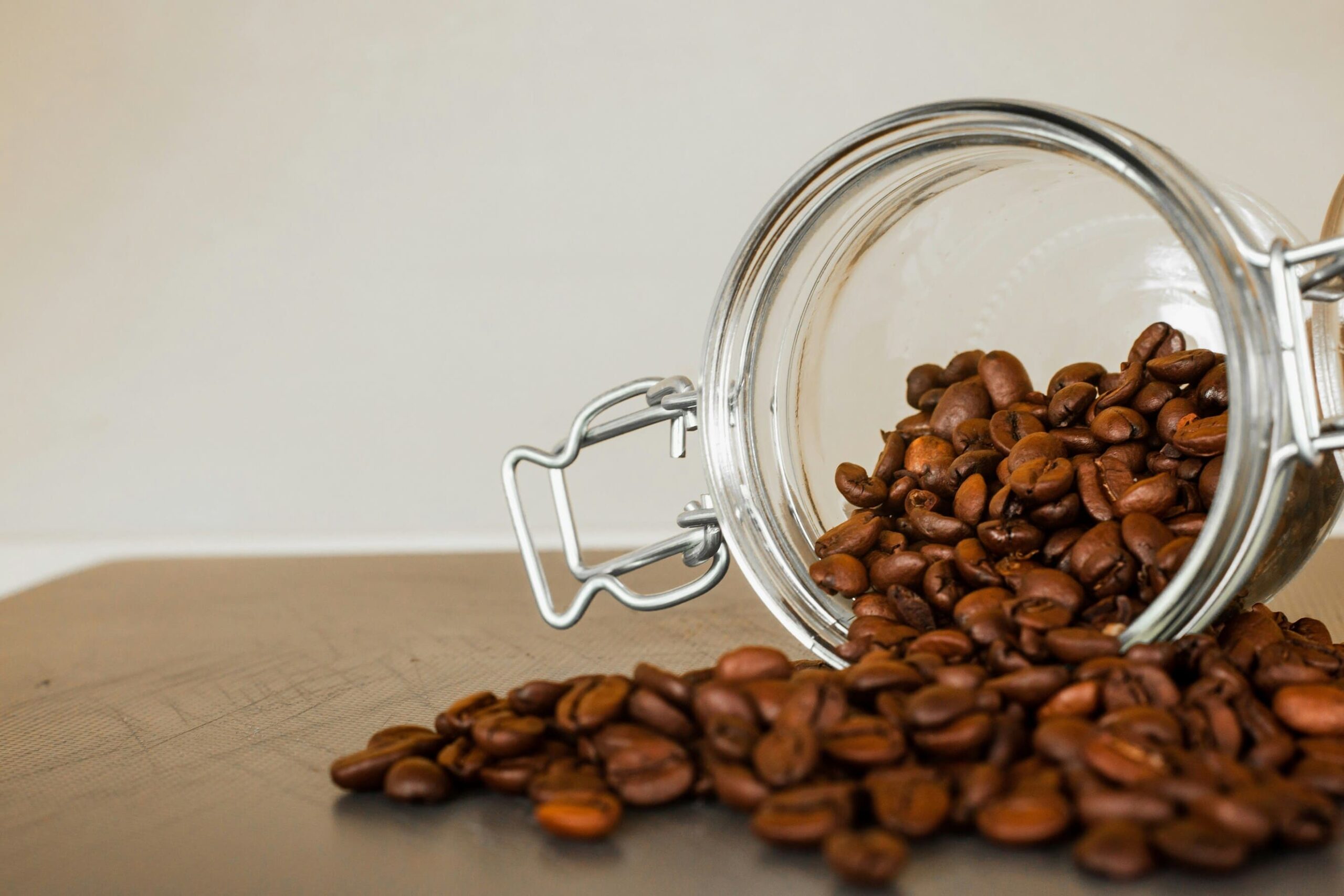ALL POSTS
ALL POSTS
Specialty Coffee vs. Commercial Coffee: What’s the Difference?
4 min read
Last edit: Jul 9, 2025
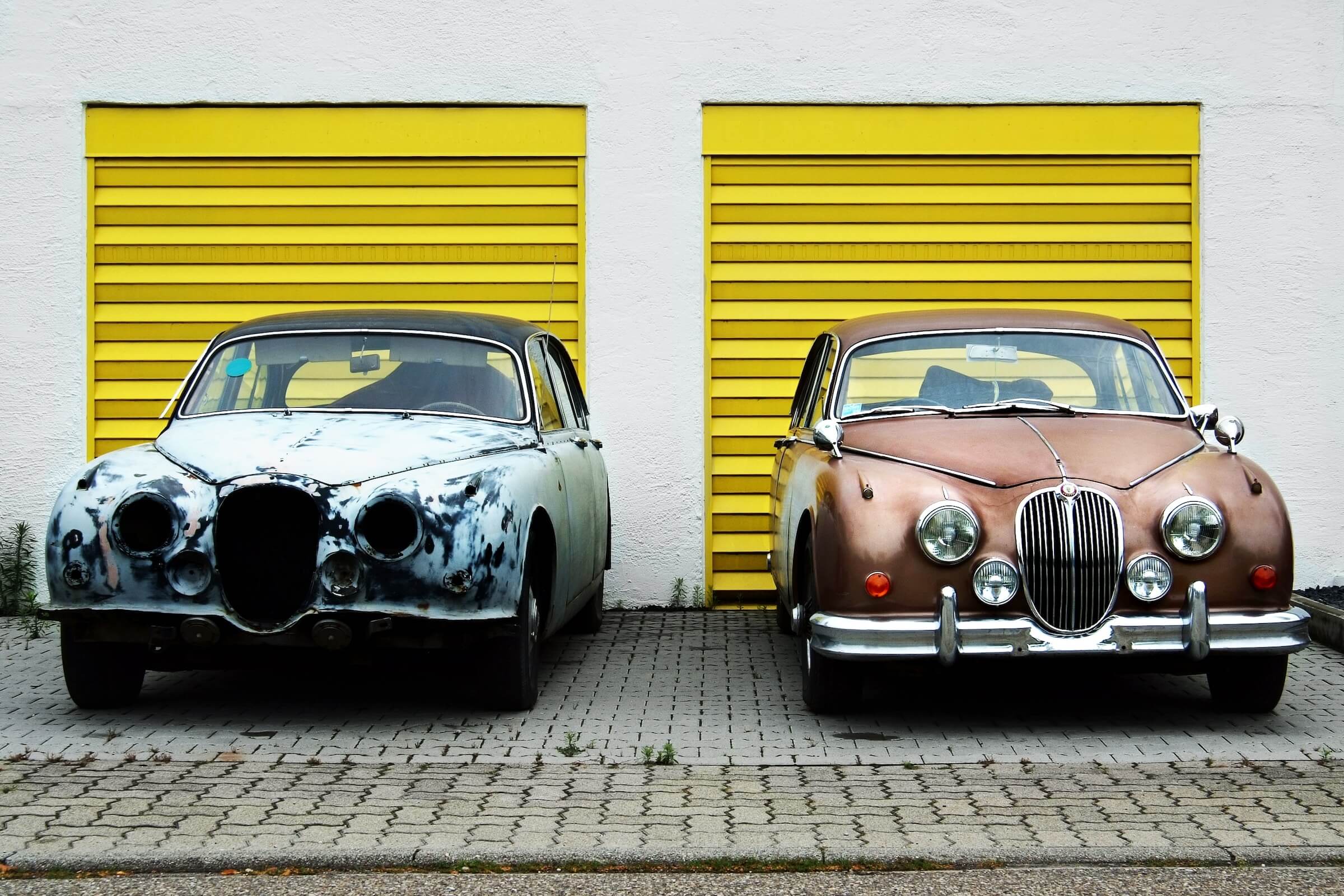
The coffee industry has seen considerable changes in the past few years, with more people drinking the popular beverage than ever before. Both independent and chain coffee shops are popping up all over the place, and with that comes a wide range of coffee options now available to consumers.
Whether you’re a coffee connoisseur or like drinking the odd cup, you’ve more than likely come across the terms’ specialty’ and ‘commercial’ coffee. But what exactly do they mean, and how do they differ? Let’s explore below.
What is specialty coffee?
Regarding specialty coffee, the journey from farm to cup is integral. Throughout all stages of the production, the coffee goes through rigorous checks to ensure it is of the highest quality. Often, it is graded on a 100-point scale, with anything over 80 points considered specialty.
Specialty coffee beans are cultivated under certain conditions – optimal altitude, quality soil, and climate – to bring out their distinct flavors. They are often grown in smaller batches than commercial coffee and are handpicked and sorted to ensure only the highest quality beans make the cut.
These green beans are transported to expert roasters, who carefully roast each batch to ensure they get the best flavor notes out of each coffee. Most are single origins, hailing from one particular farm or place, while some are blends. Then, the coffee is cupped and quality-checked so that there are no inconsistencies or duds, guaranteeing each specialty coffee bag is first-class.
Because of the rigorous checks specialty coffee has to go through, the price is often higher than that of commercial coffee. However, by supporting specialty coffee production, you are championing the farmers, producers, and pickers that help grow unique, delicious, and often sustainable coffee. Many roasters work direct trade with producers, while some use green coffee suppliers who have long-established relationships with farmers.
Commercial coffee: what’s the deal?
On the other side of the coin, commercial coffee offers a somewhat different experience. Frequently associated with supermarkets and café chains, commercial coffee is mass-produced and offers limited options of processes and flavors. It also usually scores below 75 on the coffee quality scale. Popular commercial coffee brands include Illy, Barcaffe, and Lavazza, and are readily available in grocery stores in Slovenia.
There are various positives associated with commercial coffee; it is easily purchasable, so you don’t have to visit a specialty coffee shop or go online to buy your coffee. It is also cheaper than specialty-grade coffee, as it is often purchased and roasted in bulk and usually available ground, which reduces the time needed to make the coffee as well as the amount of equipment required.
The fundamental difference between commercial and specialty
To differentiate between the two, it’s essential first to understand the basic differences between specialty and commercial coffee.
Firstly, commercial coffee often uses robusta beans. These have a significantly more bitter taste than the arabica coffee, especially than the varieties and cultivars used in specialty. Arabica beans are considered to be of higher quality, with the ability to produce nuanced flavor profiles and a more decadent aroma. They also make up approximately 80% of the world’s coffee production. Robusta, on the other hand, is considered the cheaper alternative; though it’s a more robust species of coffee plant and can withstand harsh weather conditions, its flavor is a little less refined.
Secondly, ethical considerations need to be taken into account when choosing a coffee for you. Specialty coffee is often grown and sourced ethically, meaning the farmers get paid fairly, and the supply chain is easy to follow. Specialty coffee roasters like their customers to know where their coffee comes from, who grows it, and how it gets from the farm to your cup. Commercial coffee may not offer the same level of transparency.
Furthermore, commercial coffee beans will never live up to specialty when it comes to flavor. Unfortunately, due to the nature of the beans, processes, and quality control, specialty coffee, although slightly more expensive, offers a unique coffee experience that cannot be had with commercial coffee. Complex flavors, exciting origins, and unique processes are all frequently seen in specialty coffee, which makes every sip a delightful experience and allows for more exploration and experimentation on the customer’s part.
So, which one is for you?
Choosing specialty coffee over commercial or vice versa truly depends on your preferences and priorities. If you’re a coffee aficionado who relishes the journey from bean to cup, enjoys complex flavors, and values ethical sourcing, specialty coffee is the right one for you.
However, if you’re looking for a reliable, budget-friendly caffeine boost that requires minimal effort, commercial coffee is the way to go. It might offer a different level of sophistication than a specialty, but it will give you what you need to get through the day.
The great thing is, you don’t have to choose just one. Coffee is a vast and diverse world, and there’s room for both specialty and commercial coffee in your life. Sometimes, you might want to savor a cup of specialty coffee on a lazy weekend morning, while other times, you’ll appreciate the convenience of commercial coffee during a hectic workday.
Ultimately, what matters most is your enjoyment. Whether you’re sipping on a perfectly brewed specialty coffee or savoring the simplicity of a commercial-class lot, it’s all part of the beautiful coffee journey.
So embrace your coffee preferences, explore the endless coffee options out there, and, most importantly, enjoy every sip.
Would you like to learn more about other coffee roasters in Slovenia? Here are the guides.



